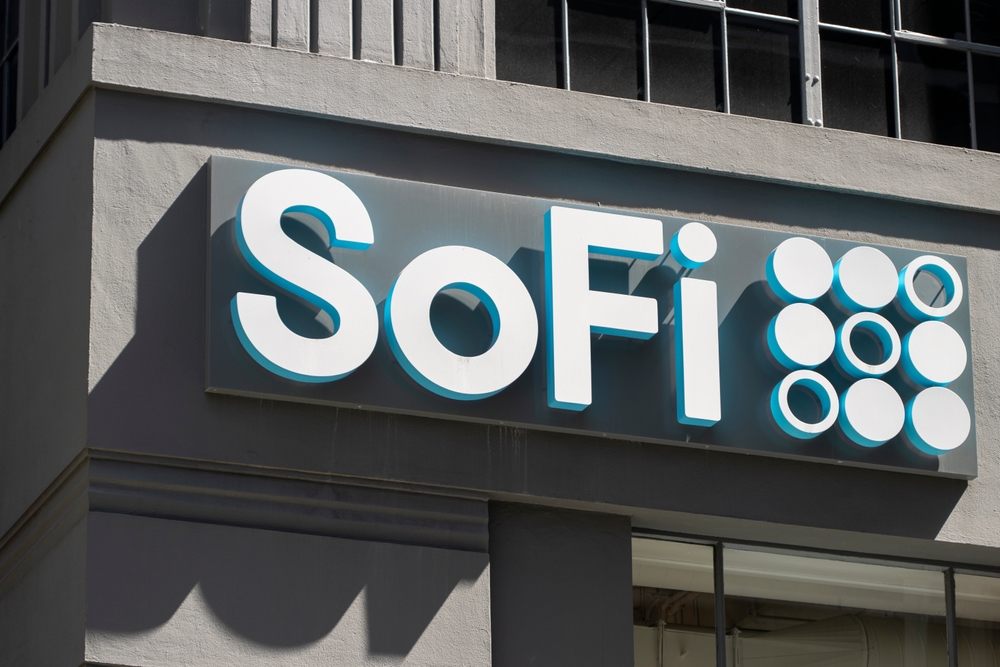
SoFi Technologies (SOFI) is trading near multi-year highs again as it fully recovered from a rocky post-earnings session that one analyst chalked up to “profit taking and confusion.”
On Oct. 29, SOFI stock crashed by as much as 12.5% despite posting better-than-expected earnings and revenue growth for the third quarter. The company reported net revenue of $697 million and net income of $61 million as its customer base grew by 35%.
The company’s financial services and tech platform business witnessed a 64% increase in sales.
At the time, Mizuho Financial Group said the sell-off was likely a profit-taking event. “We believe bears are confused, as worries are unmerited,” analysts said in a note to clients.
Mizuho reiterated its $14 price target for SOFI stock, which was trading around $10 at the time.
SOFI stock reached that target two weeks later, on Nov. 11, when it closed at $14.11 a share. By Dec. 9, the stock was valued at $15.57, coming within $1 of its multi-year high.
Despite the bloodbath in the fintech sector, SoFi’s share price has rallied nearly 57% this year, bringing its market cap to roughly $17 billion.
That's in part because SoFi’s growth machine is bucking a general downtrend among fintech stocks, which is being driven by lower interest rates and improving lending conditions among traditional banks.
What sets SoFi apart
SoFi is a consumer finance company that offers banking, investing, lending, and insurance products. Despite a rocky economy and shifting interest rate policies since the pandemic, SoFi has managed to grow its business for four consecutive years.
In October, the company had nearly 9.4 million members, compared to just 8.1 million in the first quarter.
The company’s edge comes from its user-friendly app interface, competitive savings accounts, and success in catering to the younger Gen Z and Millennial generations.
More importantly, SoFi’s growth isn’t coming at the expense of consumers’ credit quality. For its most recent quarter, the percentage of loans that were written off declined by 0.32% to 3.52% and personal loan delinquencies fell by 0.07% to 0.57%.
SoFi’s strong performance comes as more fintech players struggle to maintain lofty valuations. Unlike high-growth sectors such as AI, consumer fintech isn’t benefiting from marketing hype and investor euphoria.
JPMorgan recently downgraded the fintech sector and lowered their price target for several stocks. The analysts said lower interest rates and easier funding conditions from traditional lenders would make it harder for smaller fintech companies to compete.
Fintech stocks Upstart (UPST), LendingClub (LC), and Affirm (AFRM) were among those downgraded.
Your email address will not be published. Required fields are markedmarked